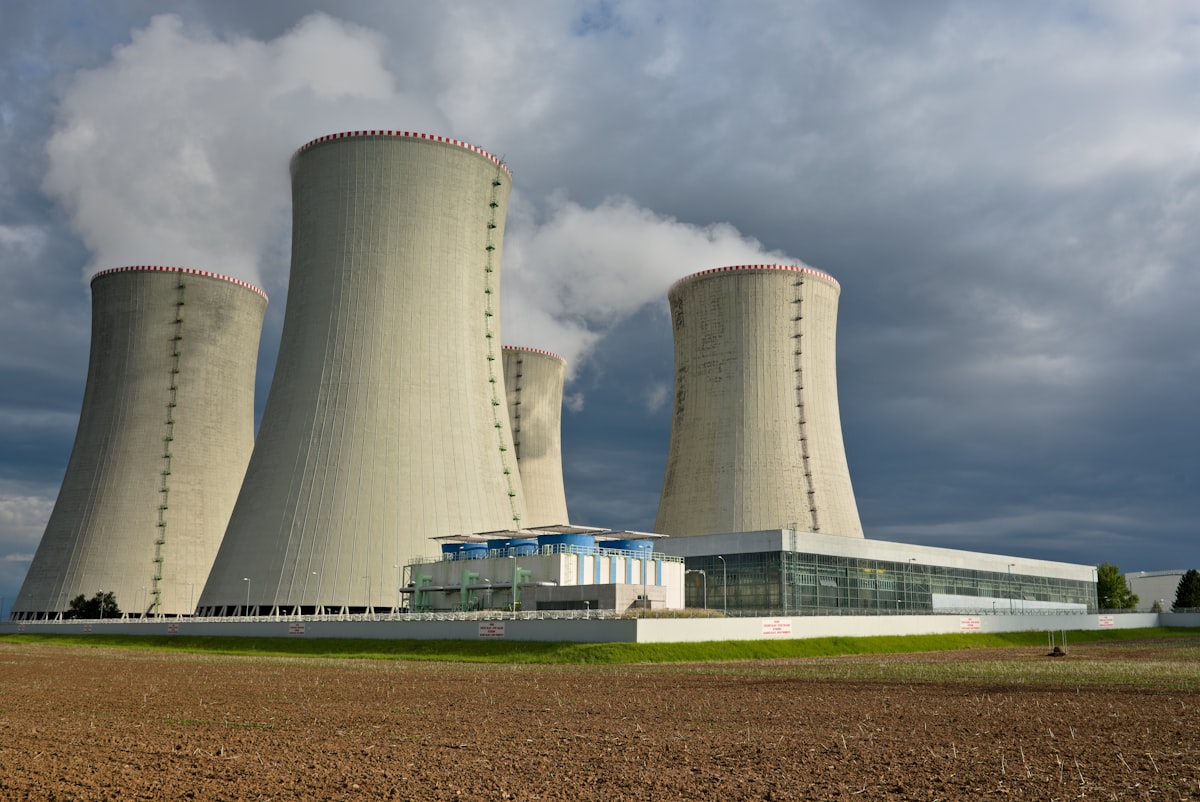Introduction
Nuclear energy has long been a topic of discussion when it comes to the quest for sustainable and clean power sources. While the term “nuclear” often evokes concerns about safety and environmental impact, there are numerous compelling reasons why nuclear power can be considered both clean and sustainable. In this article, we will delve into the key aspects that make nuclear energy a promising solution for our energy needs.
Reasons Why Nuclear is Clean and Sustainable
Harnessing Clean Energy
Nuclear power plants generate electricity by harnessing the energy released during nuclear fission. Unlike fossil fuels, this process does not emit harmful greenhouse gases, making nuclear power a cleaner energy source.
Minimal Carbon Footprint
One of the most significant advantages of nuclear energy is its minimal carbon footprint. By producing electricity without releasing carbon dioxide, nuclear power helps combat climate change and reduces our reliance on fossil fuels.
Efficient Energy Production
Nuclear reactors are highly efficient at converting nuclear fuel into electricity. They operate continuously for extended periods, providing a stable source of power without interruptions, such as those caused by weather-dependent renewables.
Safety Measures in Place
Modern nuclear power plants are equipped with advanced safety features and protocols to prevent accidents. Multiple layers of security ensure that the risk of radiation leaks or meltdowns is extremely low.
Long-Term Sustainability
Uranium, the primary fuel used in nuclear reactors, is relatively abundant, and technological advancements are continually improving fuel efficiency. This ensures the long-term sustainability of nuclear power generation.
Economic Viability
Nuclear power plants create job opportunities and contribute to local economies. Moreover, their longevity and low fuel costs make them economically viable in the long run.
Frequently Asked Questions
Q: Is nuclear energy really safe? A: Yes, modern nuclear power plants are equipped with stringent safety measures and protocols that make them exceptionally safe.
Q: What about nuclear waste? A: Nuclear waste is carefully managed and stored, with ongoing research into recycling and reducing its long-term impact.
Q: Can nuclear power replace fossil fuels entirely? A: While nuclear power is a cleaner alternative, it may not be the sole solution. A mix of energy sources is the most practical approach.
Q: How does nuclear energy compare to renewables? A: Nuclear power provides stable energy, while renewables like solar and wind are weather-dependent. Both have a role to play in a sustainable energy future.
Q: Are there any environmental benefits to nuclear energy? A: Yes, nuclear energy helps reduce carbon emissions and combat climate change.
Q: What role does nuclear energy play in reducing our carbon footprint? A: Nuclear energy is a vital component of a low-carbon energy mix, as it produces electricity without emitting greenhouse gases.
Conclusion
In a world where clean and sustainable energy is crucial, nuclear power stands out as a viable solution. Its minimal environmental impact, stringent safety measures, and long-term sustainability make it a compelling choice for our energy needs. By embracing nuclear energy alongside other renewable sources, we can work towards a cleaner and more sustainable future.











